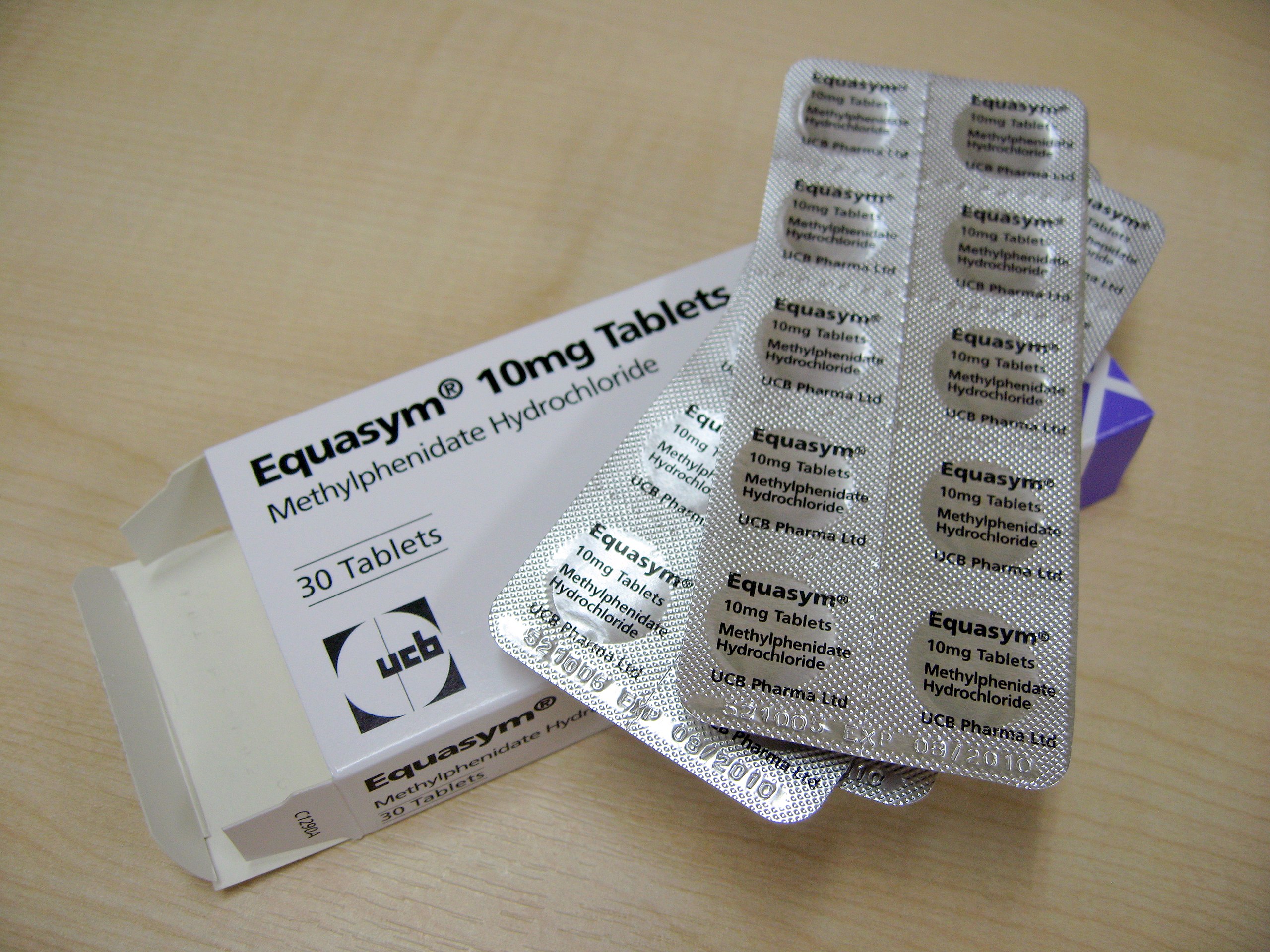News release
From:
We used a national dispensing database (the Pharmaceutical Collection) to report attention-deficit hyperactivity disorder (ADHD) treatment between 2006 and 2022, focussing on adults. We report a 10-fold increase in dispensing of ADHD medication for adults compared to a three-fold increase for children over the study period. Additionally, new dispensing for adults doubled between 2011 and 2022. We concluded that despite increases, dispensing rates for ADHD remain lower than prevalence estimates, suggesting a significant treatment gap. Addressing the treatment gap for ADHD may reduce negative effects of ADHD but wider social influences should also be considered.
Expert Reaction
These comments have been collated by the Science Media Centre to provide a variety of expert perspectives on this issue. Feel free to use these quotes in your stories. Views expressed are the personal opinions of the experts named. They do not represent the views of the SMC or any other organisation unless specifically stated.
Dr Luke Bradford, Medical Director of The Royal New Zealand College of General Practitioners
This paper demonstrates the gains in diagnosis and treatment rates of ADHD in Aotearoa New Zealand over the past 18 years or so, however, it remains below expected levels of prevalence and it’s clear that serious inequities remain.
"The burden of undiagnosed and unmanaged ADHD on educational outcomes, employment, mental health, and corrections are well documented. Access to services that can diagnose, manage, and provide ongoing treatment can be sporadic or unaffordable for many, and multiple barriers to continued and timely treatment are present through a system overloaded with other mental health conditions and the need to avoid unintended consequences of increased stimulant availability.
"More work is needed to focus on the concerns around those unintended consequences such as medication diversion or abuse. In order to address the inequities in access, a broader prescribing base is required as is a removal of bureaucratic barriers which we know impact the most vulnerable in our country.
Dr Dougal Sutherland, Senior Supervising Clinical Psychologist, Victoria Psychology Clinic, School of Psychology, Victoria University of Wellington
This study is further evidence of increasing rates of ADHD diagnoses in New Zealand, and notably for people who are receiving a diagnosis for the first time in adulthood. However, it also highlights the lack of treatment options that are available for people who have ADHD. Despite increases in the rates of ADHD medication being prescribed it is still lower than expected based on how prevalent the condition is. Obtaining a thorough assessment for ADHD is a lengthy and often costly process with many people going through private healthcare routes to obtain a diagnosis. This has obvious disadvantages for those for whom private healthcare is unaffordable.
"It is likely that many people with ADHD will be undiagnosed and therefore untreated for the condition, not only due affordability reasons but also due to workforce issues. There are many anecdotal examples of people seeking ADHD services being declined access in the public mental health service due to a shrinking workforce focusing only on the most immediate and urgent presentations. It is an open question about the ongoing cost to individuals and society in general of not treating ADHD.
Dr Ben Beaglehole, study author; and Senior Lecturer at the Department of Psychological Medicine, University of Otago Christchurch
We were interested in reviewing medication dispensing data for Attention Deficit Hyperactivity Disorder (ADHD) in New Zealand because we had noticed a big upsurge in demand for assessments and treatment of adults with ADHD.
We reported that there was a ten-fold increase in dispensing of ADHD medication for adults between 2006 and 2022 compared to a three-fold increase for children over the study period. The group receiving treatment as adults included adults who had never been treated previously and children diagnosed with ADHD growing older.
We also reported that Māori adults are less likely to receive treatment than Māori children or the overall population suggesting that access to treatment may not be equitable.
Despite the increased dispensing of medication for ADHD, the treatment rate is still lower than the estimated rate of ADHD in the population. This suggests that there is under-treatment of ADHD in New Zealand. However, increasing treatment for ADHD in New Zealand is not without controversy and possible issues include a greater pool of medication for potential misuse and medicalisation of distress.



 New Zealand
New Zealand


